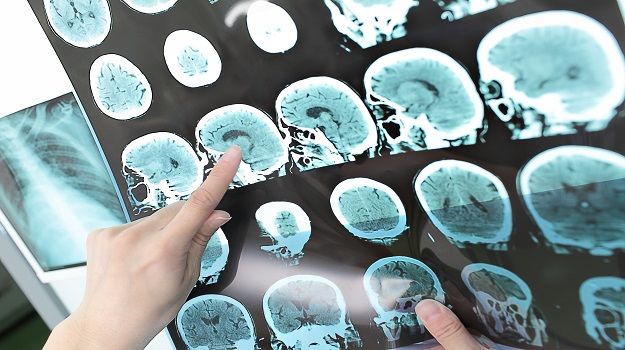A research study in mice by investigators at the University of Rochester Medical Center (URMC) suggests it would be possible to repair the brain cell damage caused by multiple sclerosis (MS). The research was published in the journal Cell Reports.
The research, led by Steve Goldman, professor of Neurology and Neuroscience at URMC and co-director of the Center for Translational Neuromedicine, manipulated embryonic and induced pluripotent stem cells to create glia, a type of brain cell. Glial progenitor cells, a subtype of these cells, eventually form the primary support cells of the brain, astrocytes and oligodendrocytes, which play essential roles in the health and signaling behavior of nerve cells.
MS is an autoimmune disorder where the body’s immune system attacks oligodendrocytes. Oligodendrocytes manufacture myelin, which makes the insulation that allows nerve cells to communicate with each other. As myelin decreases in MS, the signaling between nerve cells is interrupted, which causes the loss of function that leads to problems with sensation, motor function and cognitive problems.
